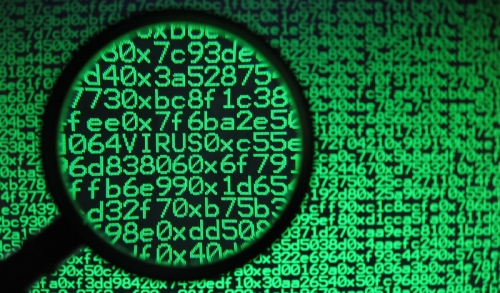
If you think librarians are old-fashioned people dressed in checkered shirts, I tell you: they’re not. At least not those attending the 11th InetBib Conference.
I entered an auditorium populated by people sitting with computers on their laps, listening, thinking and twittering about the future of libraries. Encouraged by an atmosphere of open discussion and criticism, participants would, from time to time, raise their voice and challenge the presenter’s views.
For the session I attended this morning, the organizers invited five people to give five-minute presentations on technological trends that might influence the future of libraries. “Let’s look into the crystal ball,” Patrick Danowski, the moderator, said. Fittingly, his introductory talk was entitled “Library Trend Watch”.
Dr. Rudolf Mumenthaler from ETH Library, talked about the future of e-readers. He argued that only multifunctional tablets such as iPad will become popular, with classic e-book readers remaining a niche product. It is the libraries’ job to provide their users with electronic content, on which they could cooperate with publishers.
Christian Hauschke from the University of Applied Sciences and Arts, Hannover, talked about Linked Open Data. He called on libraries to open access to their bibliographical information and follow the four principles of linked data.
Andreas Kahl introduced us to Google Wave, an open-source collaboration tool currently under development. Wave would allow librarians to log themselves into the work process of students and make suggestions like: Have you considered this source? At the same time, Google Wave allows users to delegate certain processes to the machine, such as including biographical references.


